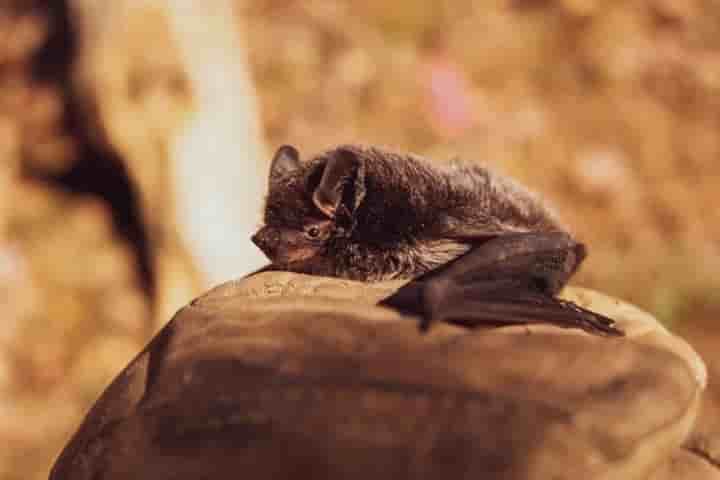

According to a new study rapid evolution in bats may have helped them to survive infections as well as avoid cancer (Pic. Courtesy ANI)
A new research published by Oxford University Press in Genome Biology and Evolution suggests that rapid evolution in bats may explain the animals’ unique capacity to host and survive infections as well as avoid cancer.
Bats are unique among mammals not just for their ability to fly, but also for their long lifespans, low cancer rates, and robust immune systems. Bats are also suspected to have had a role in the spread of SARS-CoV-2. The ability of bats to tolerate viral infections may be due to peculiar aspects of their innate immune response.
These characteristics make bats an interesting animal to investigate, because they may have implications for human health. For example, by better understanding the mechanisms of the bat immune system that allow bats to tolerate viral infections, researchers may be better able to prevent disease outbreaks from animals to people. Comparative genomic analyses of bats and cancer-susceptible mammals may eventually provide new information on the causes of cancer and the links between cancer and immunity. Studies of bats and other organisms complement studies based on mouse models; mice are more amenable than bats to experimental manipulation but exhibit fewer characteristics with implications for human disease.
Here researchers using the Oxford Nanopore Technologies long-read platform, and bat samples collected with help from the American Museum of Natural History in Belize, sequenced the genomes of two bat species, the Jamaican fruit bat and the Mesoamerican mustached bat, and carried out a comprehensive comparative genomic analysis with a diverse collection of bats and other mammals.
The researchers found genetic adaptations in six DNA repair-related proteins and 46 proteins in bats that were cancer-related, meaning that researchers have previously found such proteins suppress cancer. Notably, the study found these altered cancer-related genes were enriched more than two-fold in the bat group compared to other mammals.
“By generating these new bat genomes and comparing them to other mammals we continue to find extraordinary new adaptations in antiviral and anticancer genes,” said the paper’s lead author, Armin Scheben. “These investigations are the first step towards translating research on the unique biology of bats into insights relevant to understanding and treating ageing and diseases, such as cancer, in humans.”
Prime Minister Narendra Modi on Monday welcomed US Vice President JD Vance, his wife Usha…
Prime Minister Narendra Modi is set to visit Saudi Arabia from April 22 to 23,…
Major Archbishop of Trivandrum of the Syro-Malankara Catholic Church, Cardinal Baselois Cleemis Thottunkal, on Monday,…
Protests against the arrest of Mahrang Baloch and members of the Baloch Yakjehti Committee (BYC)…
Union Home Minister Amit Shah on Monday lauded security forces for neutralising eight Naxals in…
The President of the Tibetan Government in exile, Sikyong Penpa Tsering began his visit to…